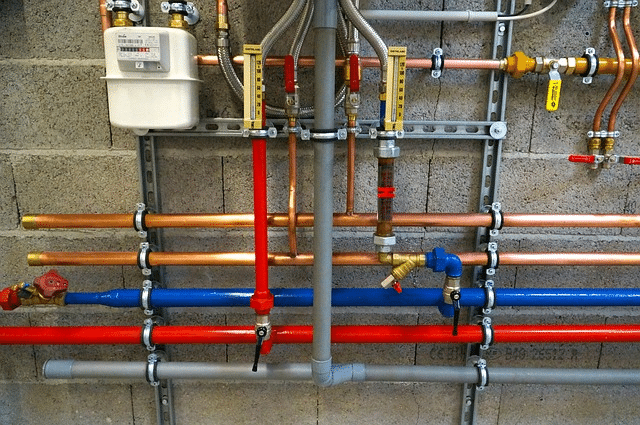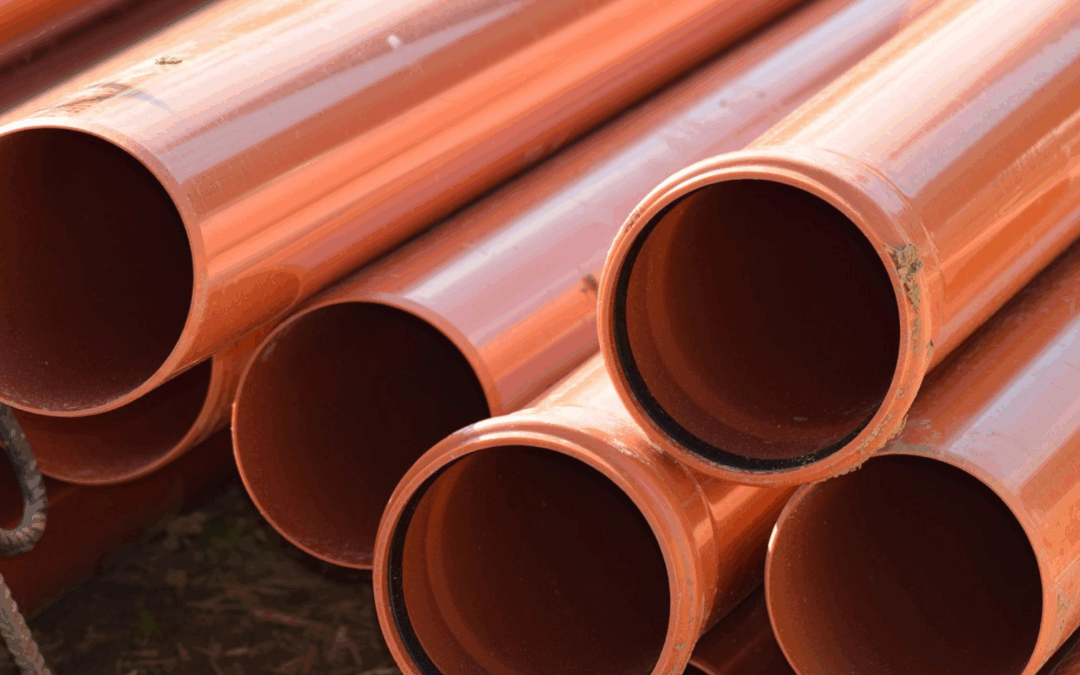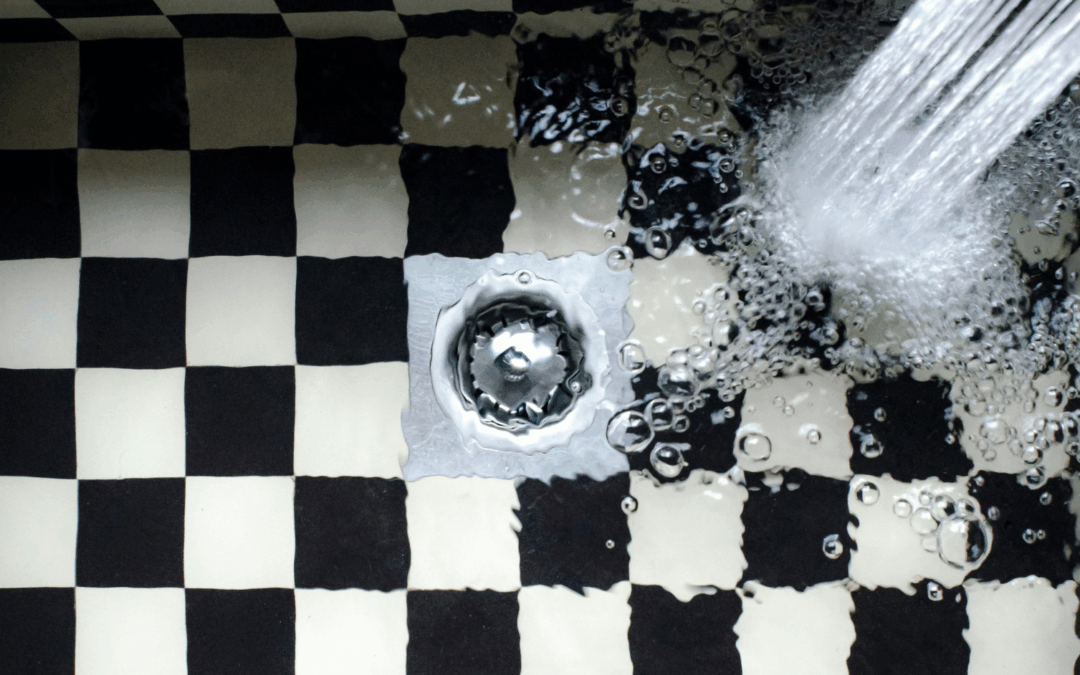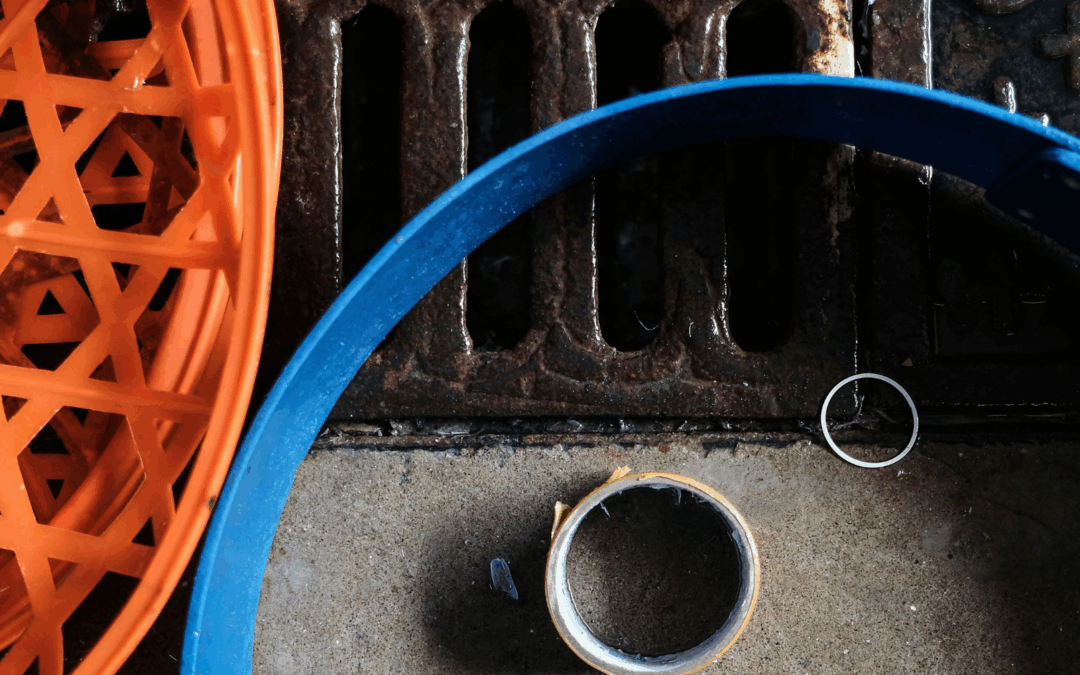Plumbing pipes are not the most exciting topic to talk about, but they are one of the most important components of your home. They transport water and gas into your home while carrying waste products out. Choosing the right plumbing pipes for your home can be a daunting task. There are so many materials, sizes, and types to choose from. In this blog post, we will break down everything you need to know about plumbing pipes, from the different types to the benefits and drawbacks of each material.
There are various types of plumbing pipes to choose from, including plastic, copper, and galvanized steel. Each type has its own benefits and drawbacks. Plastic pipes are the most affordable, lightweight, and easy to install. They are made from PVC or CPVC material and are commonly used for drains and vents. However, plastic pipes may melt or warp if exposed to heat, and they may not be suitable for hot water. Copper pipes are durable, corrosion-resistant, and great for carrying hot water. However, they are expensive and may require professional installation. Galvanized steel pipes are strong and last long but are susceptible to rust and corrosion.
Copper plumbing pipes are commonly used in homes because they are versatile, reliable, and easy to work with. They have a long lifespan of around 50 years and are great for carrying hot water. Copper pipes come in two forms, rigid and flexible. Rigid copper pipes are perfect for water supply lines, whereas flexible copper pipes are ideal for tight spaces and corners. Copper pipes are an excellent choice but can be costly and may require professional installation.
Schedule Service Online
Get a free estimate so you know what you're signing up for
"*" indicates required fields
For Emergency Services Call: 410-255-9300
Another type of plumbing pipe is PEX or cross-linked polyethylene. PEX pipes are made from a tough, durable, and flexible material that can resist extreme temperatures and pressures. They are easy to install and come with many benefits, including resistance to corrosion, scaling, and freeze-breakage. PEX pipes are also affordable and require fewer fittings and joints, reducing the chances of leaks. They are an excellent choice for both cold and hot water systems.
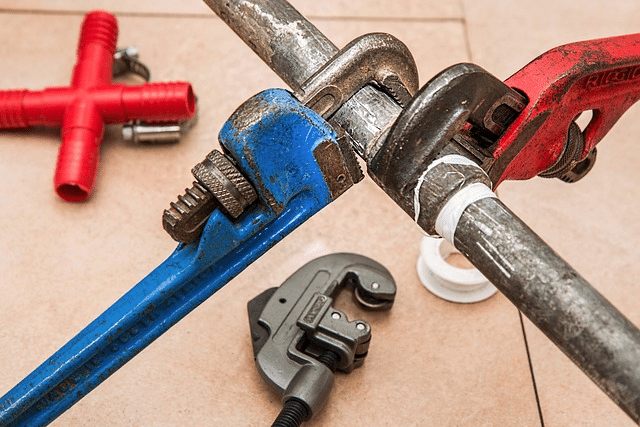
Taking a Deeper Dive into the Different Types of Plumbing Pipes
Plumbing pipes may not be the most exciting topic, but they are crucial components that make our homes and commercial buildings function properly. Your plumbing system is responsible for carrying water in and out of your home, providing you with clean water for cooking, bathing, and drinking, and removing waste water or greywater from your home. If you are planning to renovate your home or build a new one, you need to have a basic understanding of plumbing pipes and their different types. In this blog post, we will explore the different types of plumbing pipes and their respective pros and cons.
Copper Pipes:
Copper piping is a popular choice for plumbing systems because they are durable, corrosion-resistant, and long-lasting. Copper pipes are easy to install, and they offer excellent heat resistance, making them ideal for hot water systems. They are also recyclable, making them an eco-friendly option. However, copper pipes can be expensive, and they may develop pinhole leaks over time.
PEX Pipe:
PEX piping is flexible plastic pipes that are easy to install without soldering or gluing. They are resistant to corrosion and freezing, making them ideal for cold climates. PEX pipes can also expand and contract without bursting, making them less likely to burst in cold weather. However, PEX pipes can be damaged by UV light and require special tools for installation.
PVC Pipe:
PVC pipe is plastic piping that is that is lightweight, easy to install, and affordable. They are resistant to corrosion, chemical damage, and high pressure and can be used for both hot and cold water. PVC pipes are also highly durable, and they do not rust or corrode. However, PVC pipes can be brittle and may crack or break in cold weather.
Galvanized Steel Pipe:
Galvanized steel pipes are metal pipes that are coated with zinc to prevent rust and corrosion. They are durable and long-lasting, making them ideal for outdoor plumbing systems. Galvanized steel pipes are also resistant to extreme temperatures, making them ideal for hot and cold water systems. However, galvanized steel pipes can corrode over time and may require replacement after several years.
Cross-linked Polyethylene (PEX-Al-PEX) Pipes:
These pipes are made of a combination of PEX and aluminum, making them highly durable, resistant to temperature changes, and flexible. They are also resistant to corrosion and have a high pressure-bearing capacity, making them suitable for high-pressure systems. However, PEX-Al-PEX pipes can be challenging to install and may require specialized tools.
Plumbing pipes are a critical component of your home’s or commercial building’s plumbing system, and having a basic understanding of their types and pros and cons is essential for you to make an informed decision. Each type of pipe has its advantages and disadvantages, and choosing the right one depends on your specific requirements, budget, and location. Copper pipes are durable, PEX pipes are flexible, PVC pipes are affordable, galvanized steel pipes are ideal for outdoor systems, and PEX-Al-PEX pipes are highly durable and resistant to temperature changes. Work with a licensed plumber to help you determine which type of plumbing pipe is the best choice for your desired plumbing system.
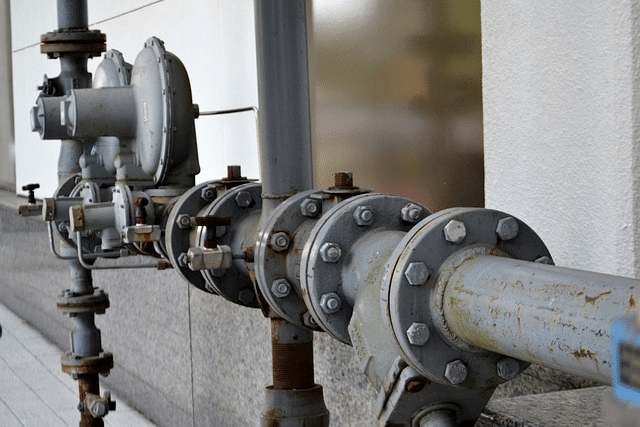
PVC Pipes vs Copper Pipes: Which One Should You Choose?
Plumbing systems are an essential aspect of any modern home, and it is crucial to install the right type of pipes to ensure safety and efficiency. PVC and copper pipes are two of the most commonly used materials for plumbing installations in households. However, choosing between PVC pipes and copper pipes can be a daunting task, especially for new homeowners. In this blog post, we will be discussing the pros and cons of PVC pipes and copper pipes to help you decide which one suits your needs.
PVC Pipes
PVC pipes are made of polyvinyl chloride, a plastic-based material that is well known for its durability, cost-effectiveness, and low-maintenance features. PVC pipes are lightweight and come in various sizes and lengths, making them easy to install and transport, especially for DIY plumbing projects. They are also resistant to corrosion, chemicals, and heat, and can withstand high water pressures, making them ideal for hot and cold water installations. In homes that have cast iron pipe, if a pipe rusts all the way through, you can replace it with plastic piping like PVC. PVC pipes are relatively affordable, and their lifespan is up to 100 years, making them a cost-effective option for long-term use. However, PVC pipes cannot be used for hot water above 140°F, which can limit their use in some plumbing systems.
Copper Pipes
Copper pipes have been used for plumbing for many years. They are made of copper, a malleable, and ductile metal that is known for its excellent heat and electrical conductivity. Copper pipes are durable and resistant to corrosion and can last up to 50 years or more. They are suitable for both hot and cold water installations and can withstand high water pressures. Unlike PVC pipes, copper pipes have superior water flow rates, which is ideal for larger plumbing systems. Copper pipes are also eco-friendly and recyclable, which is a significant factor in today’s environmentally conscious world. However, copper pipes are relatively expensive than PVC pipes and require professional installation due to their weight and malleability.
Maintenance
Both PVC pipes and copper pipes require minimal maintenance, but PVC pipes may require more frequent inspections to ensure that they do not develop leaks or cracks. Copper pipes are prone to corrosion and may require replacement over time to avoid leaks and pipe bursts. While PVC pipes are resistant to chemicals, they may not be suitable for systems that require chemical treatments such as water filtration systems.
Durability
Both PVC pipes and copper pipes are durable and can last for many years with proper maintenance. However, PVC pipes may be prone to cracks and leaks due to their lightweight and flexible nature. On the other hand, corrosion is the primary concern for copper pipes, which may reduce their lifespan over time. Copper pipes also have the advantage of being able to withstand extreme weather conditions, making them a suitable option for outdoor plumbing systems.
Cost
Cost is an essential factor to consider when choosing between PVC pipes and copper pipes. PVC pipes are the more cost-effective option, providing excellent value for money and longevity. Copper pipes are relatively expensive, and their installation costs can add up quickly, especially if you hire professionals for installation. However, copper pipes may provide cost savings over the long term due to their durability and resistance to corrosion.
Choosing between PVC pipes and copper pipes for your plumbing system depends on various factors such as your budget, water pressure, system requirements, and more. PVC pipes are suitable for smaller systems, DIY projects, and budget-conscious homeowners. Meanwhile, copper pipes are ideal for larger systems, water filtration systems, and homeowners looking for a long-term investment. Ultimately, each material has its pros and cons and should be evaluated based on the specific needs of your plumbing system.

MD Sewer and Plumbing
By understanding what pipe material is best suited for your plumbing needs and why, you are better equipped to make informed decisions. Taking the time to research what type of materials work best for your home will be worth it in the long run. From galvanized steel to polyethylene pipes, there’s a right one out there for every application and budget. If you’re still feeling overwhelmed or have questions about what material will work well for your project, give MD Sewer & Plumbing a call. We’ll discuss each of the options available, answer any questions you may have and assist with properly selecting the correct pipe to bring your vision to life. So don’t hesitate — contact us today so we can tackle all of your plumbing needs!
Conclusion:
Choosing the right plumbing pipes for your home is crucial for the long-term safety and efficiency of your water system. You must consider several factors, including material, cost, durability, and ease of installation. Plastic, copper, and PEX pipes are commonly used in homes, and each type has its own benefits and drawbacks. Take the time to research and understand the different types of plumbing pipes before making a final decision. By investing in quality plumbing pipes, you can ensure your water system runs smoothly for years to come.

